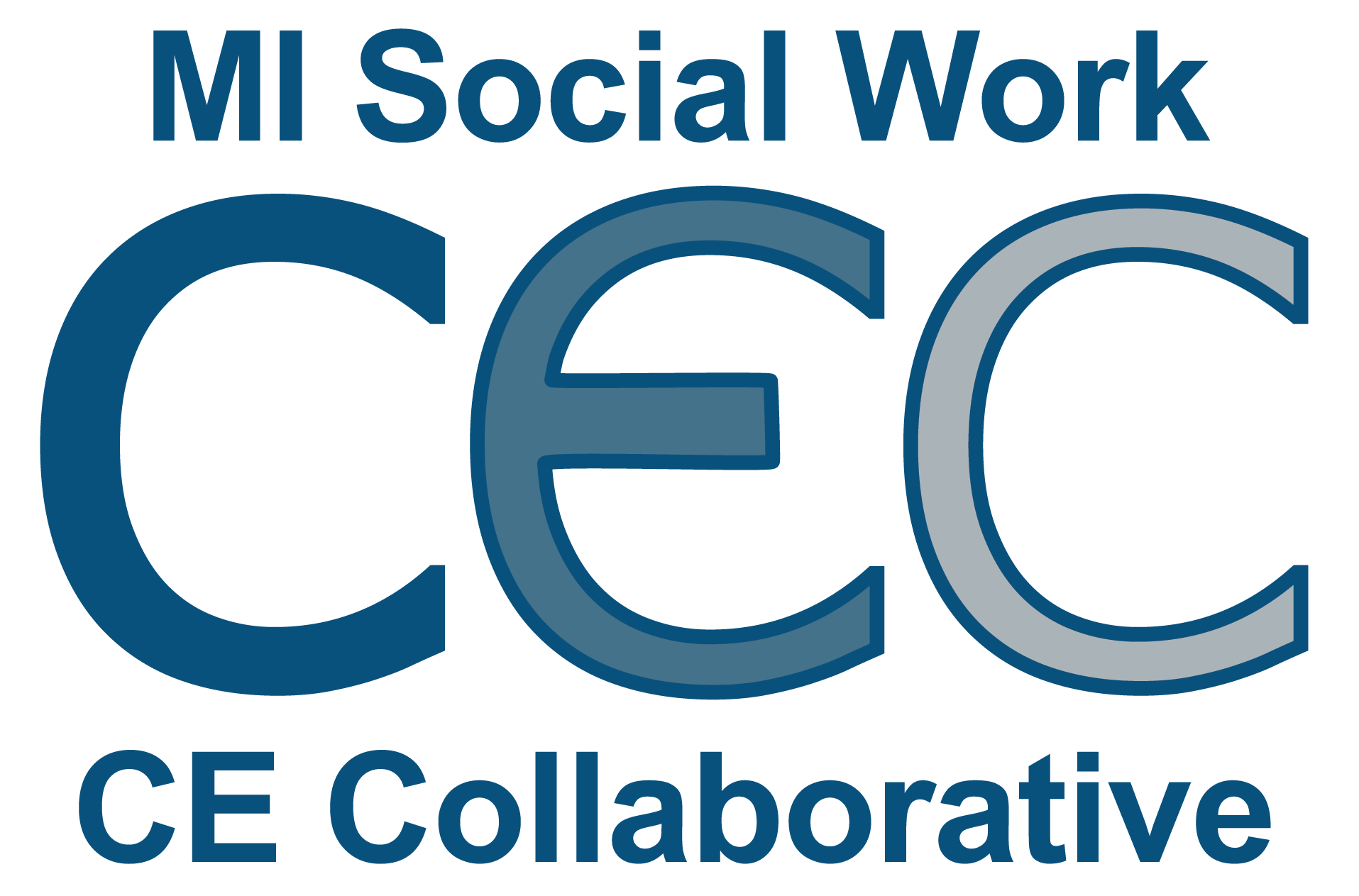Course Description:
The Addiction Professional community—and the general public— have long recognized that people can become addiction to various chemical substances such as alcohol, illicit and prescription drugs, caffeine, nicotine, and even sugar. Eating disorders of all types have also been recognized as quasi-addictions for which addiction-recovery treatments and support groups often are employed. Recently, the DSM-5 (published in 2013) recognized “Binge Eating Disorder” as a distinct subset eating disorder, “Hoarding Disorder” as a distinct disorder, and renamed “Pathological Gambling” as “Gambling Disorder” and moved it from the Impulse Control Disorders section (which included kleptomania, pyromania, and trichotillomania), into the same category as alcohol and drug addiction, now referred to as “Substance Use Disorders.” There was a push to including compulsive buying disorder, sex addiction, and “Internet/Video Gaming Addictions” in the DSM-5 but that didn’t happen. “Gaming Disorder” has been recognized for several years in the ICD-10 (International Classification of Disorders) and “Internet Addiction” is being strongly considered for inclusion in the ICD-11. While it’s important to be cautious about calling everything an addiction—or even a “compulsion”—not recognizing emerging behavioral disorders as legitimate psychological disorders inhibits and prevents millions of peoples from recognizing their issues as serious, seeking help, and expanding the availability of specialized and effective treatment options, to say nothing about potential coverage through insurances. 12-Step and other addiction-recovery support groups have often been ahead of the curve: A.A. was started in 1935—a full 20 years before the A.M.A. (American Medical Association) decided that alcoholism was a complex disease that affects the body, mind and spirit. Alanon was founded in 1951 and CoDependents Anonymous (CoDA) was founded in 1986, yet codependency has never been listed and is still not included in the DSM or in the ICD. Gamblers Anonymous was founded in 1957 but it took another 23 years to even include “Pathological Gambling” in the DSM-3 in 1980. Debtors Anonymous (D.A.) was founded in 1968 but 50 years later, we have no actual diagnosis for persons who suffer from chronic and severe shopping/spending behaviors. Clutterers Anonymous (CLA) was founded in 1989 nearly 25 years before “Hoarding Disorder” made the cut for the DSM-5. And I founded C.A.S.A. (Cleptomaniacs And Shoplifters Anonymous) 30 years ago in 1992 but there’s been no change to the criteria or categorization of “kleptomania” as a very rare impulse control disorder in the DSM or ICD. While there has been a push to acknowledge that some “process behaviors” can mimic addictions, the concept and labeling of “out-of-control behaviors” may fit some but not all—especially if the behaviors have been especially severe and chronic and likely to remain so. So, where do we go from here...? Let’s find out together! Terrence Shulman has been a licensed social worker and addictions therapist since 1997 and has specialized in the assessment and treatment of compulsive stealing, spending and hoarding and has written and published four books—one on each disorder—and has presented numerous times over the last 20 years on these baffling issues which are more common than we think yet not well-understood/treated.
Course Link:
http://www.corelearninginc.com
CE Value (credits): 6
CE Type: Standard
Sponsor Name:
Core Learning, Inc.
Contact Information:
Stephanie Appel
248-933-2673
sappel@corelearninginc.com
